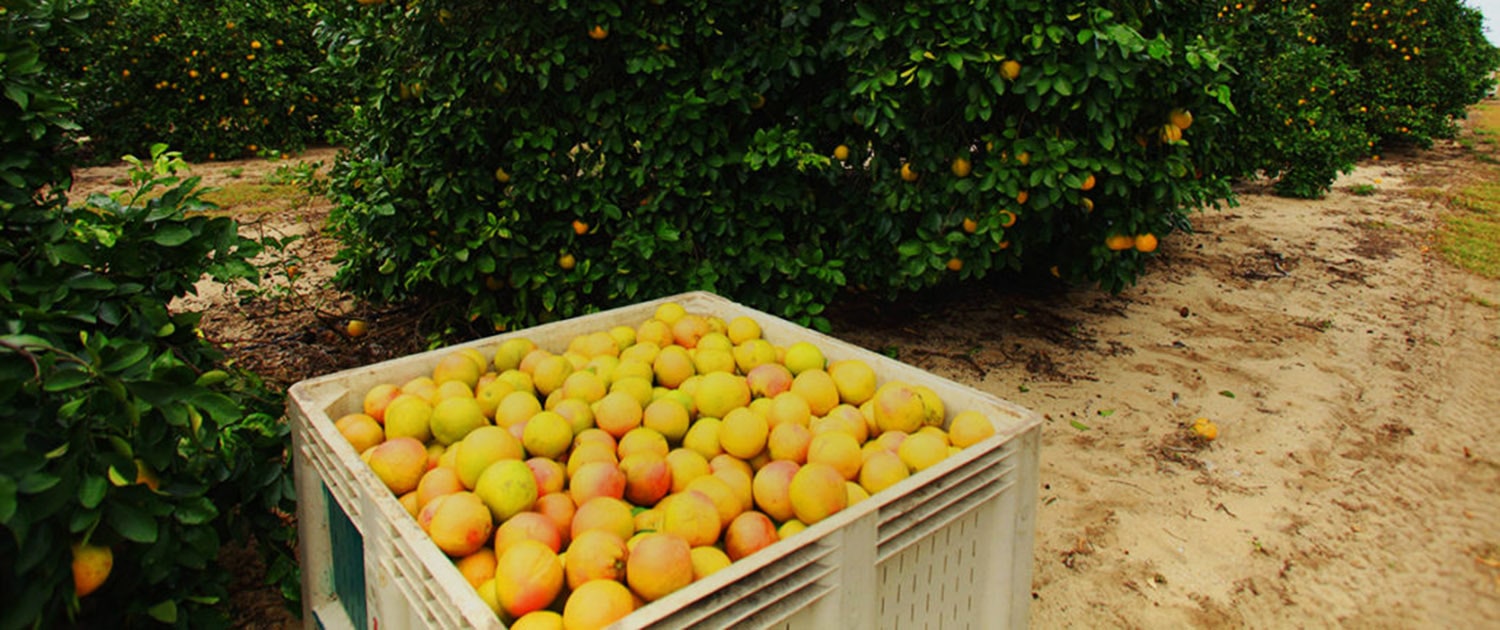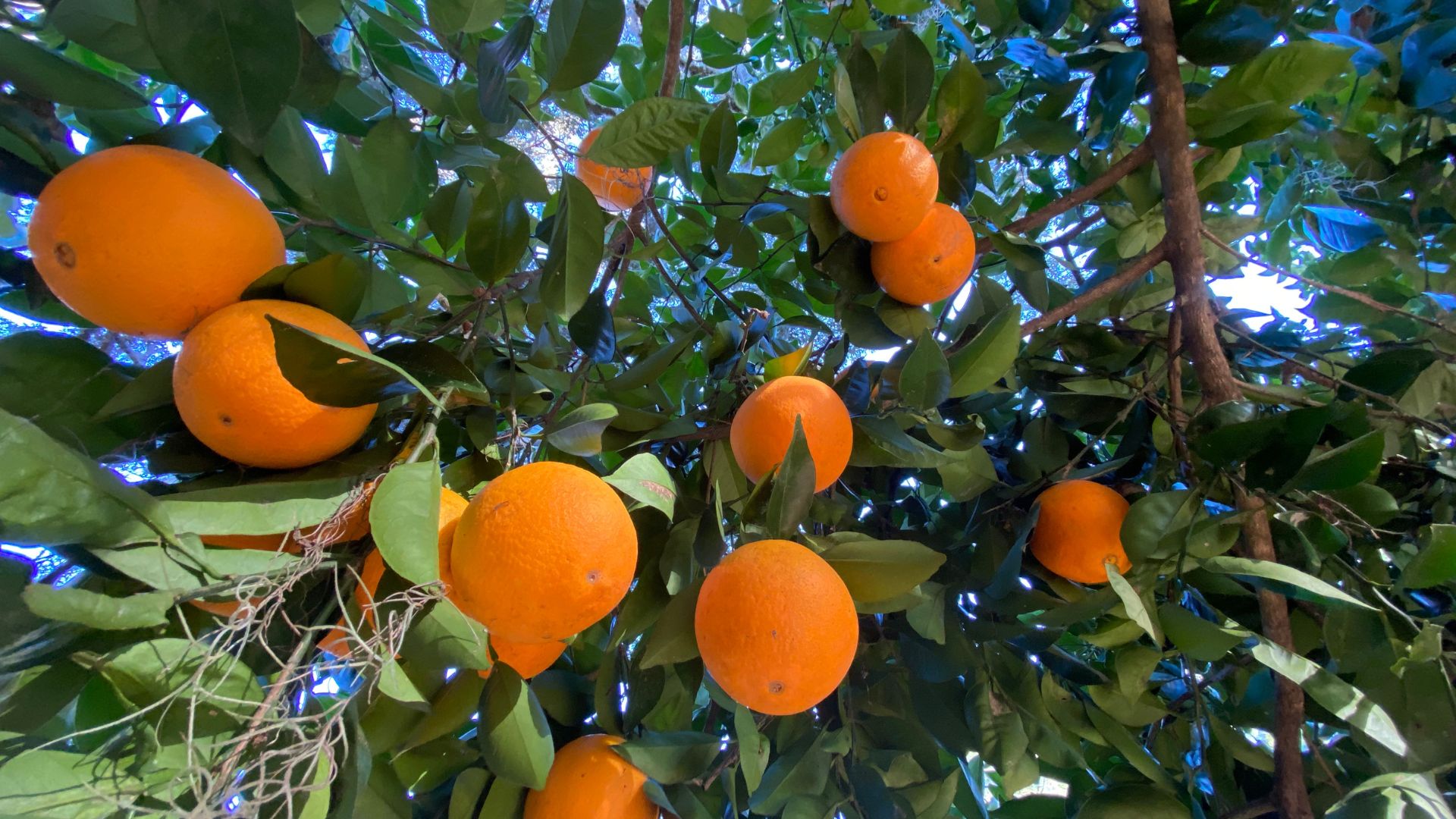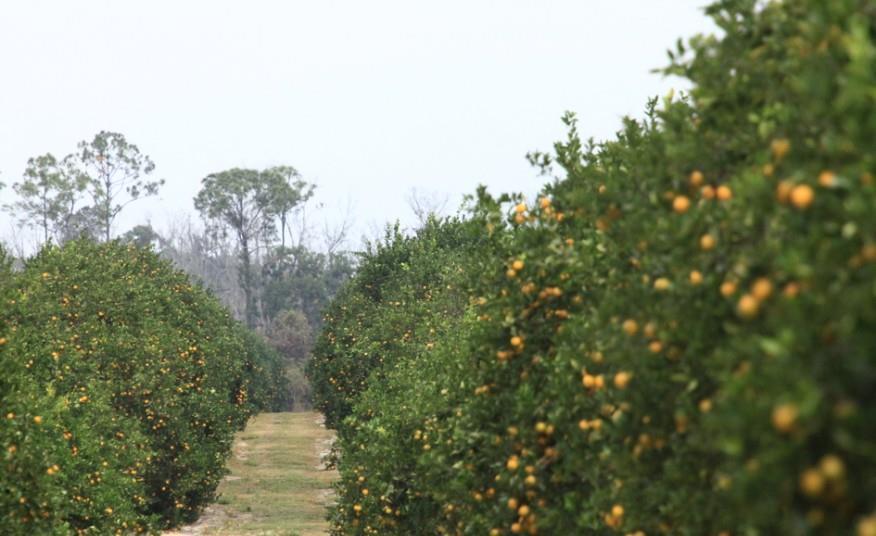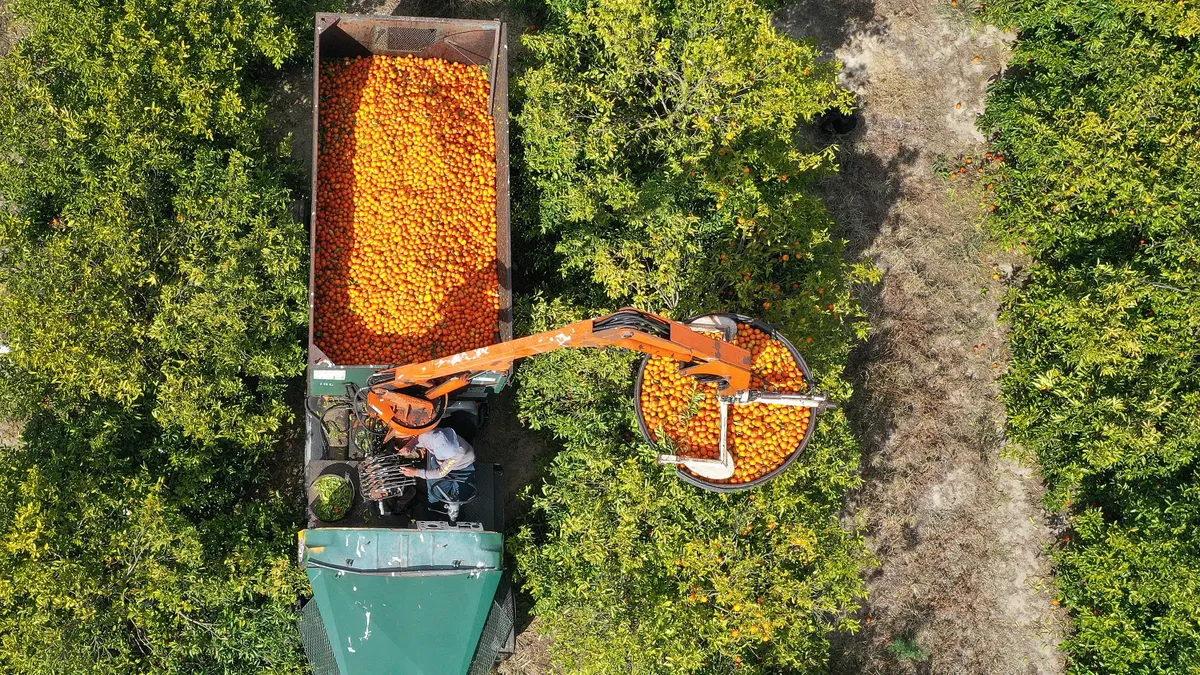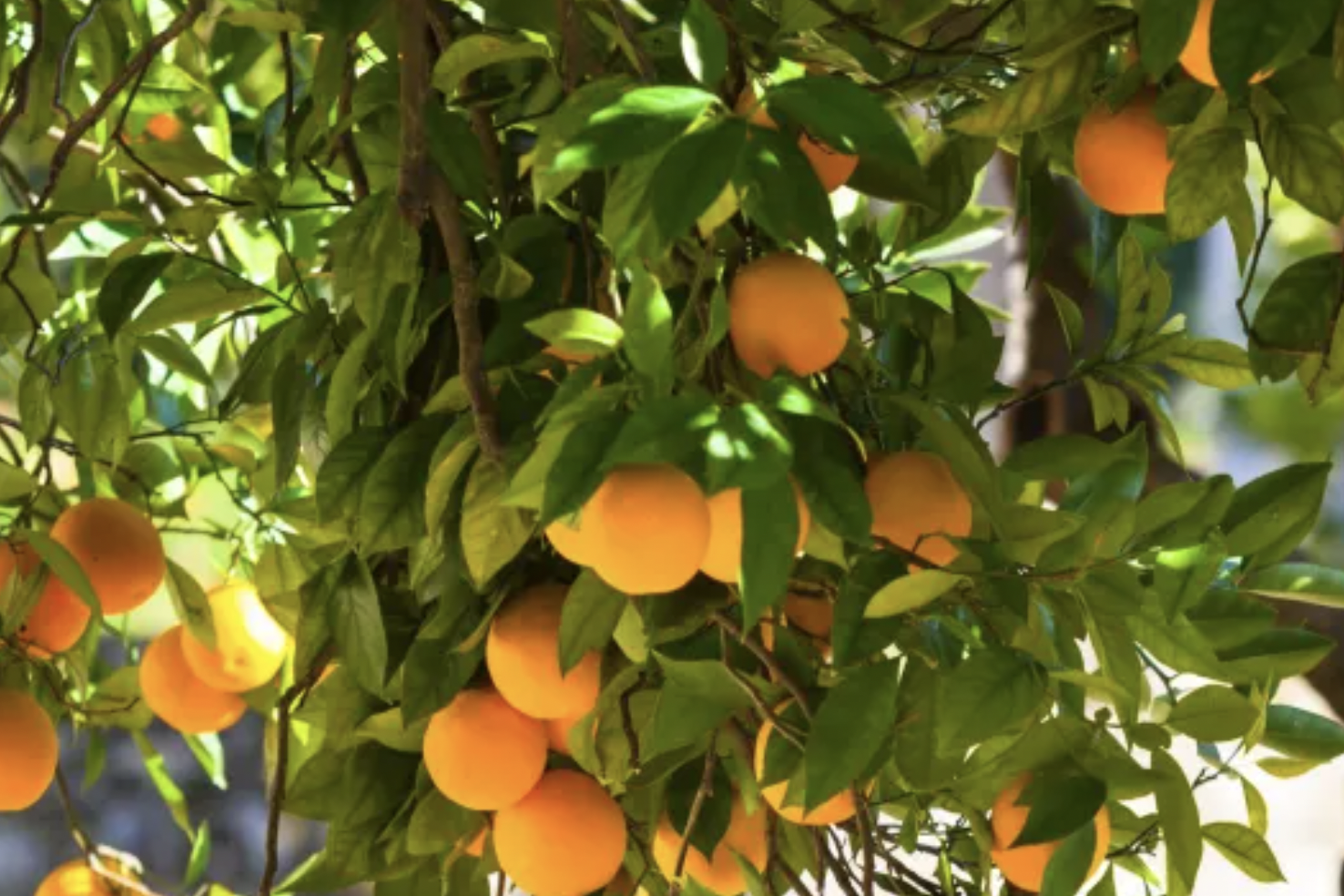Florida Citrus Grower Alico Inc. Development

Florida's citrus industry, already battered by disease and market pressures, faces a new challenge as Alico Inc., one of the state's largest citrus growers, intensifies its diversification efforts beyond traditional agriculture. This move, while potentially beneficial for Alico's long-term financial stability, raises concerns about the future of Florida's iconic citrus groves and the communities that depend on them.
The shift, driven by economic realities and land value appreciation, involves converting citrus acreage into other uses, including cattle ranching, sod production, and, most notably, residential and commercial development. The scale of Alico's land holdings makes its decisions particularly significant, potentially reshaping the landscape and economy of Southwest Florida.
Alico's Diversification Strategy: A Deep Dive
At its core, Alico's strategy is about maximizing shareholder value in a volatile agricultural landscape. Declining citrus yields due to citrus greening, coupled with fluctuating market prices, have created a challenging environment for growers. Converting land to higher-value uses offers a potential pathway to increased profitability.
According to Alico's latest annual report, the company is actively exploring opportunities to monetize its land assets through various development projects. This includes partnerships with developers and the potential sale of strategically located parcels. While citrus remains a part of Alico's business, its relative importance is diminishing.
John Kiernan, President and CEO of Alico, has repeatedly emphasized the need for diversification in investor calls. He maintains that the company is committed to responsible land stewardship and that development will be carefully planned and executed.
The Impact on Citrus Production
The reduction in citrus acreage by major players like Alico raises concerns about the overall viability of Florida's citrus industry. Fewer acres dedicated to citrus mean lower production volumes, potentially exacerbating existing supply shortages and price volatility. This ripple effect could impact juice processors, packing houses, and ultimately, consumers.
The Florida Department of Citrus acknowledges the challenges facing growers and is actively working to find solutions. Research into disease-resistant citrus varieties and improved cultivation practices is ongoing, but progress has been slow.
Smaller, independent citrus growers may find it increasingly difficult to compete in a market dominated by larger, diversified companies. The pressure to sell land for development could intensify, further accelerating the decline in citrus acreage.
Beyond Citrus: Development and Economic Transformation
Alico's development projects have the potential to significantly alter the economic landscape of Southwest Florida. New residential communities, commercial centers, and industrial parks could bring jobs and investment to the region. However, they also raise concerns about increased traffic congestion, strain on infrastructure, and potential environmental impacts.
Local communities are grappling with the implications of these changes. Some welcome the prospect of economic growth and diversification, while others express concerns about preserving the region's rural character and protecting natural resources.
Sarah Miller, a resident of Immokalee, a town heavily reliant on agriculture, expressed her anxieties about the future. "We've always been a citrus community. What happens when there are no more groves?" she questioned.
Environmental Considerations
The conversion of citrus groves to other uses can have significant environmental consequences. Loss of habitat, increased stormwater runoff, and potential impacts on water quality are all legitimate concerns. Alico maintains that it is committed to sustainable development practices and working with environmental agencies to mitigate potential impacts.
However, environmental groups argue that development, even with mitigation efforts, inevitably leads to some level of environmental degradation. They advocate for stricter regulations and greater protection of natural resources.
Audubon Florida, for example, has voiced concerns about the impact of development on wildlife corridors and sensitive ecosystems. The organization urges careful planning and mitigation to minimize the environmental footprint of Alico's projects.
Looking Ahead: The Future of Florida's Citrus Lands
Alico's strategic shift represents a broader trend in Florida agriculture, where land values and economic pressures are driving diversification and development. The future of Florida's citrus lands is uncertain, with the potential for significant changes in the years to come.
The ability of the citrus industry to adapt to changing conditions will depend on factors such as research breakthroughs, market conditions, and government policies. The choices made by companies like Alico will play a crucial role in shaping the future of Florida's landscape and economy.
While Alico is focused on its own financial future, the broader implications for the state’s identity, economy, and environment are undeniable. The balance between economic growth and responsible stewardship of Florida's natural resources will be a defining challenge for the years ahead.



